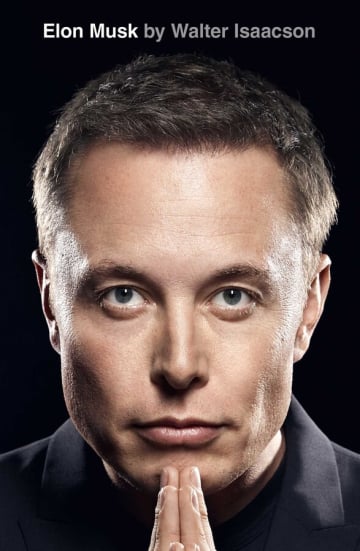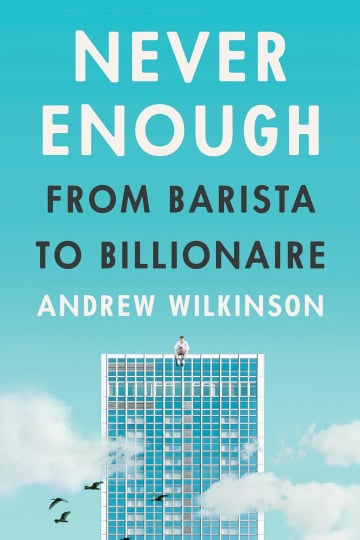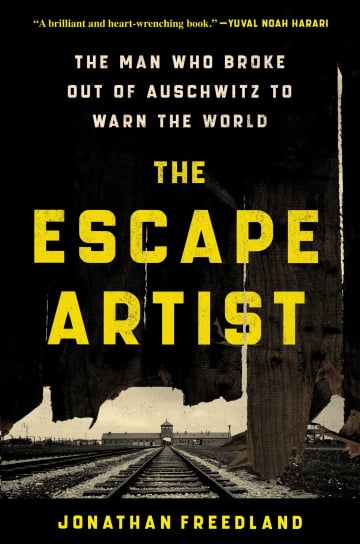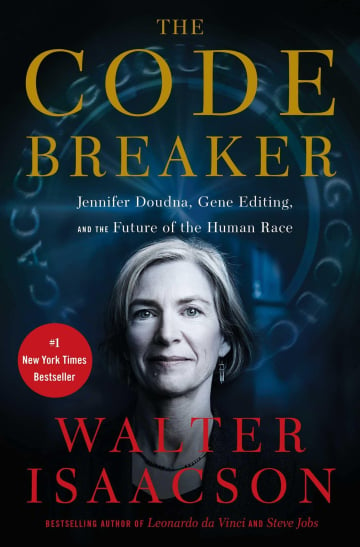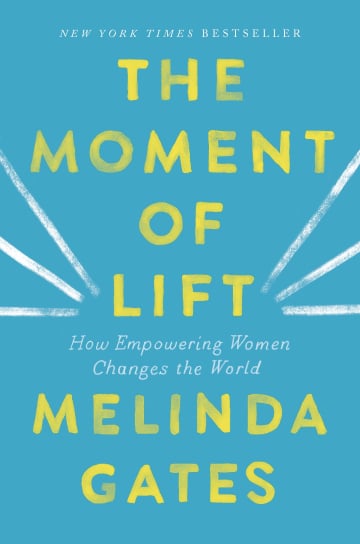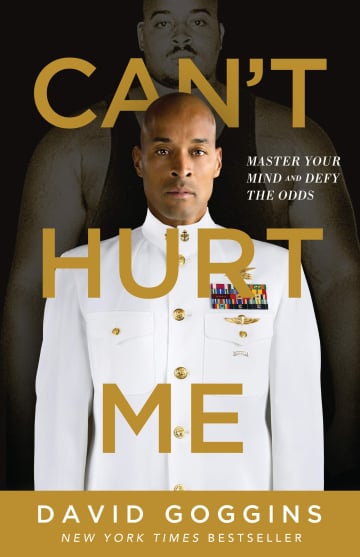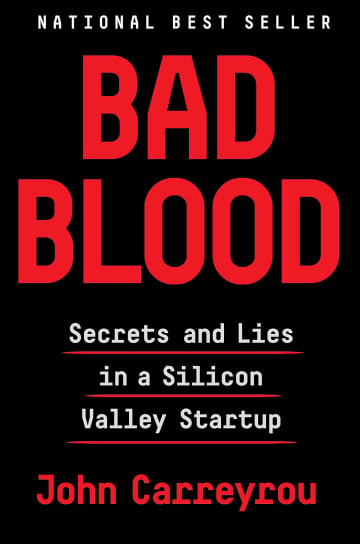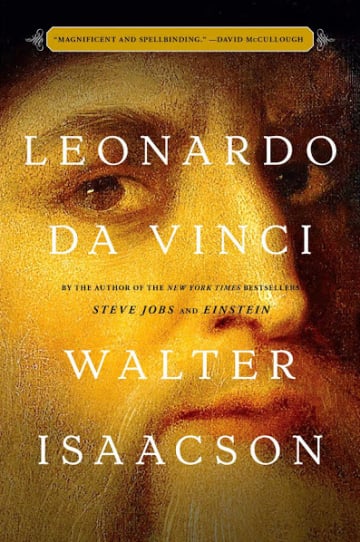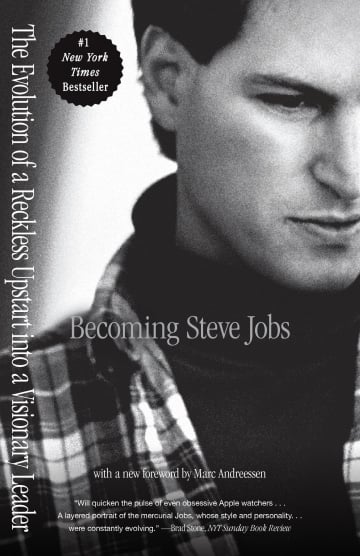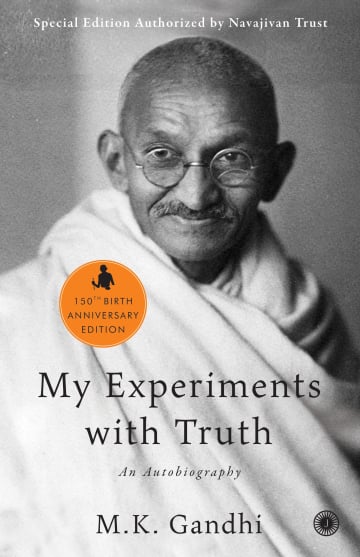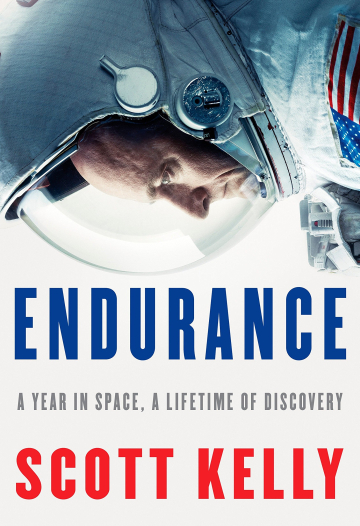
Endurance: A Year in Space, A Lifetime of Discovery
⚡️ 10 Quotes from the book
“Our space agencies won’t be able to push out farther into space, to a destination like Mars, until we can learn more about how to strengthen the weakest links in the chain that makes spaceflight possible: the human body and mind.”
“If you were doing something safe, something you already knew could be done, you were wasting time.”
“There is a fine line between ritual and superstition, and in a life-threatening business such as spaceflight, superstition can be comforting even to the nonbeliever.”
“Unlike NASA, the Russians don’t feel the drama of the countdown is necessary.”
“Working with the right person can make the toughest day go well, and working with the wrong person can make the simplest task excruciatingly difficult.”
“I clean up, putting all the tools and instruments back where they belong, remembering that a tool in the wrong place is no better than a tool we don’t have.”
“If NASA were to train an astronaut how to mail a package, they would take a box, put an object in the box, show you the route to the post office, and send you on your way with postage. The Russians would start in the forest with a discussion on the species of tree used to create the pulp that will make up the box, then go into excruciating detail on the history of box making.”
“I think of a saying I once heard that was attributed to the Navy SEALs: “Slow is efficient. Efficient is fast. Slow is fast.”
“I’ve learned that most problems aren’t rocket science, but when they are rocket science, you should ask a rocket scientist. In other words, I don’t know everything, so I’ve learned to seek advice and counsel and to listen to experts.”
“In a world of compromise and uncertainty, this space station is a triumph of engineering and cooperation. Putting it into orbit—making it work and keeping it working—is the hardest thing that human beings have ever done, and it stands as proof that when we set our minds to something hard, when we work together, we can do anything, including solving our problems here on Earth.”
Related videos
Ask Albert:
Rate the book
⚡️ Discover Even More Bookish Wisdom
recommends
recommends
recommends
recommends

